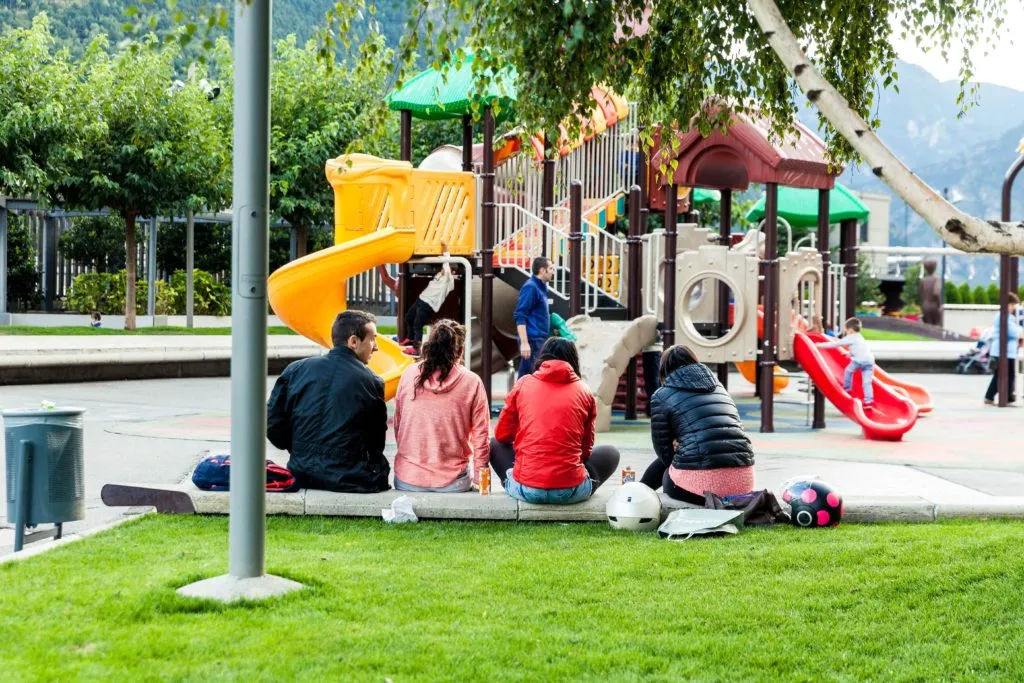
The ten most dangerous years of a person’s life are those between ages 14 and 24. In fact, there are more deaths caused by fatal accidents among teens and young adults in their early 20s than any other age group.
Eight percent of Oklahoma’s population abuses prescription drugs and 6,530 students will drop out of Oklahoma’s colleges and universities due to alcohol-related problems each year. Where do these problems start? Why do teens turn to drugs and alcohol?
Acceptance
The teenage years are a time to embark on the journey toward personal discovery. Many teens have an innate desire to fit in—to feel like a part of a group—which is often fueled by peer pressure. From the fear of humiliation to the desire to be polite, peer pressure can take on many forms. Sometimes, it’s as simple as a friend not wanting to be rude and offering to share a joint so the other doesn’t feel left out. Other times, peer pressure occurs in a group setting where everyone excludes the other for saying, “no.”
Many teens see drug and alcohol use as a part of the bonding experience or a rite of passage. Often, they don’t understand the dangers associated with trying an inebriant once. From, “It’s natural, just a plant,” to “It’s my mom’s prescription. It’s totally safe” or “One glass won’t hurt you,” that first taste can easily escalate to addiction. Unfortunately, many teens don’t learn that lesson until it’s too late.
Curiosity & Experimentation
We’ve all heard the expression YOLO or “You only live once.” This is a common motivating factor behind teen drug and alcohol use. Seemingly innocent curiosity and experimentation can lead teens down a dangerous path. “I just want to know what being drunk feels like,” could turn into regular partying and future alcoholism. Sneaking a bottle out of mom and dad’s liquor cabinet while they are out of town seems innocent enough to a teen, but they may not be well-educated about the consequences of that simple action.

Rebellion
Teens will often do anything they can to stretch their boundaries—especially if they feel they are oppressed by parental pressures or restrictions. The motives behind rebellious alcohol and drug use are widespread. From displaying independence to fueling or dispelling anger, alcohol and drugs provide many opportunities to spite “the man”.
Self-Medication
Drugs and alcohol can be “quick fixes” to temporarily ease the physical or emotional pain in the eyes of teenagers. According to Mental Health America, approximately 11 percent of people between age 12 and 17 have reported experiencing at least one major depressive episode in 2017 and 7.8 percent experienced severe depression. Out of those with severe depression, 64.1 percent did not experience any mental health treatment. Depression isn’t the only reason teens turn to self-medication. There are a number of mental and physical ailments they could want to heal.
Teens can get alcohol, marijuana, Adderall, and opioids from their friends, or even their family’s medicine cabinets. In their perspective, it’s an easy solution. Unfortunately, many teens don’t understand how incorrect this assumption is. Self-medication does not provide long-term solutions, and in the instance of drug and alcohol use, dulling the pain comes at the cost of potentially irreversible physical and mental damage.

Each of these reasons could be avoided with alcohol and drug education. Open the dialogue between yourself and your teen about staying alcohol and drug-free. Studies show the more you talk to your children about the consequences of addiction, the more likely they are to avoid the temptation of these inebriants. There are many common misconceptions surrounding teen addiction and recovery. When misunderstood, addiction becomes increasingly dangerous.
Everyone has a say in the direction of their life’s trajectory. With proper education on addiction, teens can be armed with the knowledge and ability to say “no” to the various temptations. To learn more about the various resources FATE provides or to discover ways to join the fight against addiction, contact our staff. Let’s join forces in the fight.
What’s your fate?
